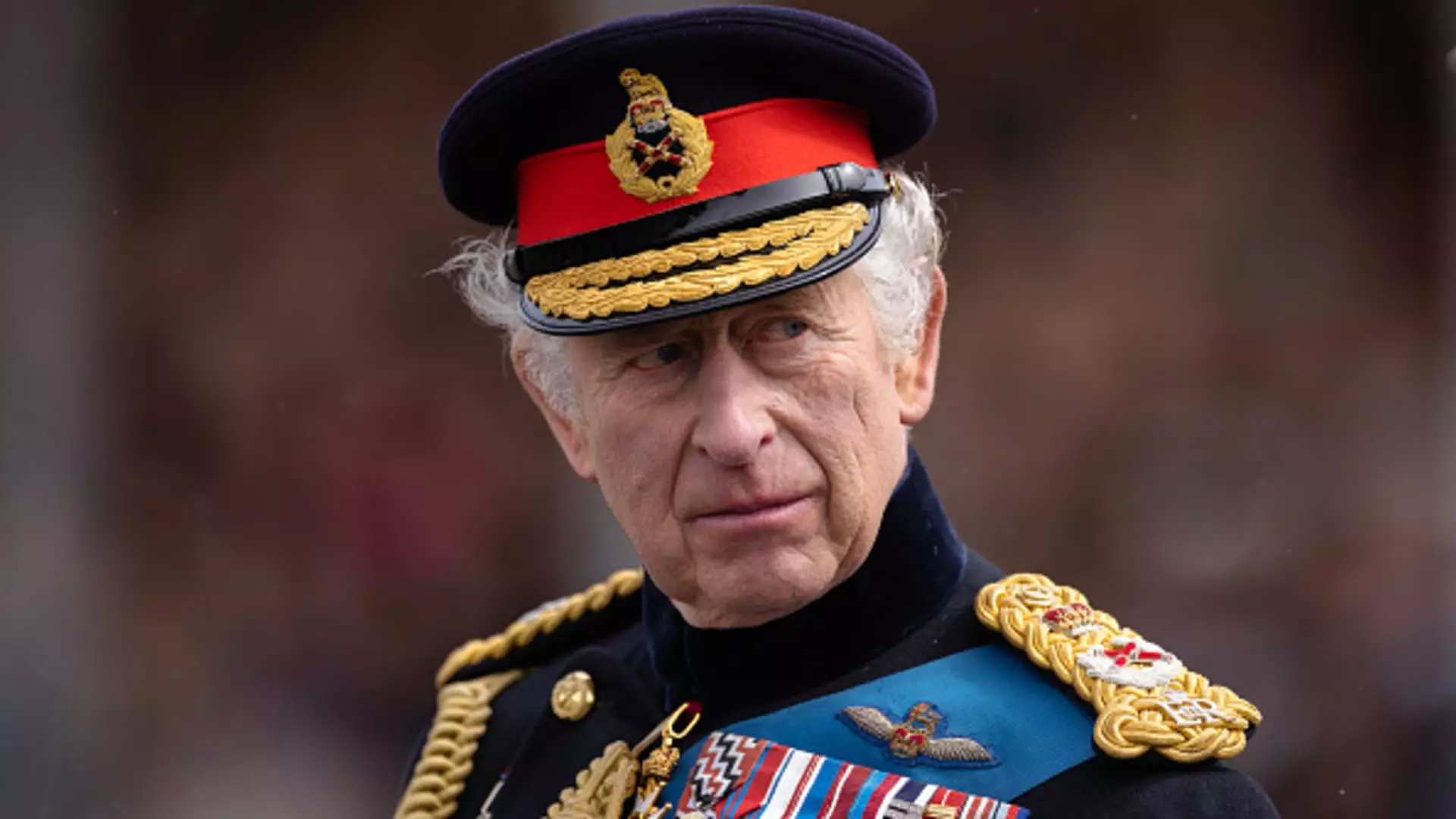The recent announcement of King Charles III receiving a staggering £45 million pay raise has sparked controversy and debate. The profits of The Crown Estate, which funds the monarchy, have more than doubled in the past year, reaching an impressive £1.1 billion. This increase in profits has led to a significant rise in the taxpayer-funded Sovereign Grant, supporting the Royal Family’s official duties. While it is essential to acknowledge the success of The Crown Estate, questions arise regarding the allocation of these funds and the implications of such substantial financial gains on the monarchy’s public perception.
One of the primary contributors to The Crown Estate’s record profits is the sale of options and leases on offshore wind projects surrounding the British Isles. The Crown Estate’s investment in offshore wind, a sector aligned with King Charles III’s passion for sustainable energy, has proven to be lucrative. CEO Dan Labbad attributes the estate’s success to years of commitment and investment in developing the UK’s offshore wind sector. However, it is crucial to examine the environmental and social impacts of these projects alongside their financial gains to provide a comprehensive evaluation of The Crown Estate’s operations.
Transparency in royal finances is crucial to maintaining public trust and accountability. The release of separate accounts by Buckingham Palace detailing the rundown of royal finances offers insight into the monarchy’s expenditures. The significant costs associated with the king’s coronation, staffing the royal household, property maintenance, and travel expenses raise questions about the prioritization of funds within the Royal Family. It is imperative for the monarchy to address concerns about financial management and ensure that public funds are allocated responsibly and ethically.
The forthcoming change in legislation expanding the Crown Estate’s investment powers signals a new era of financial opportunities for the monarchy. This change allows the estate to have a greater impact on the long-term national interest, from supporting decarbonization and energy security to nature recovery and economic growth. While this expansion presents exciting prospects for the Crown Estate, it also raises questions about the potential risks and ethical considerations associated with increased financial influence and decision-making power within the monarchy.
The recent pay raise for King Charles III and the record profits of The Crown Estate highlight both the financial success and potential challenges facing the monarchy. It is essential to critically analyze the implications of these financial developments, including the transparency of royal finances, the impact of investments on society and the environment, and the accountability of public funds. As the monarchy navigates this period of financial growth and legislative change, it is crucial to prioritize ethical financial management, responsible governance, and public trust to uphold the integrity and sustainability of the institution.


Leave a Reply